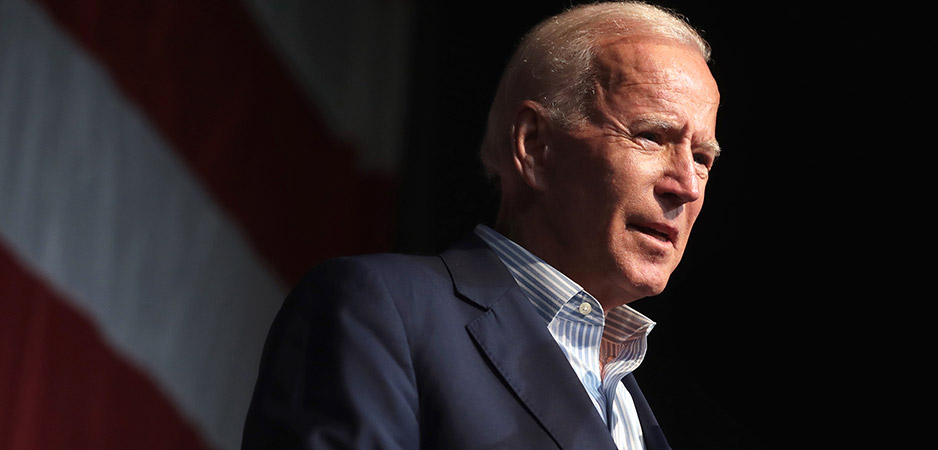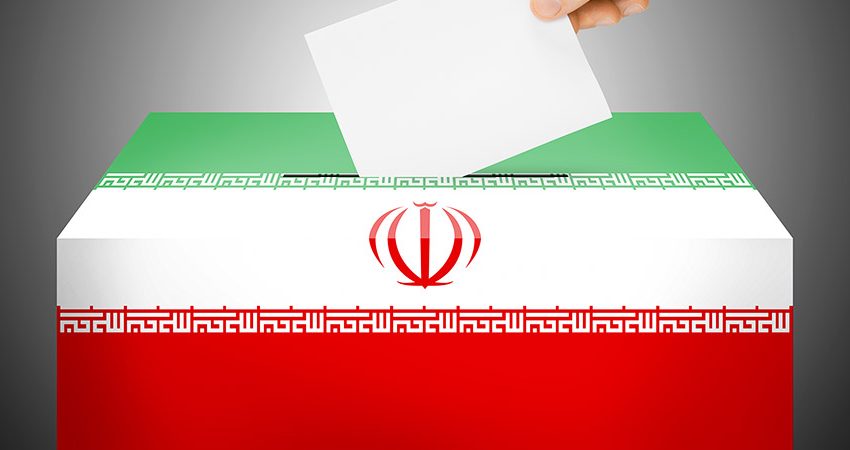Well before his trip to Europe, Joe Biden’s team worked out the strategy for its messaging that would color everything connected to foreign policy. Vox summed up the drift with this title: “Biden sees his presidency as proving democracy — not authoritarianism — right for the world.” It is now common for pundits to lament that democracy appears to be under threat, though few agree on the nature of that threat.
Just as during the Cold War, the US understands the marketing advantage of casting its global mission in binary terms. But this time, instead of communism vs. capitalism, the contrast is between democracy and authoritarianism. The average political consumer will immediately see it as a real and significant choice. In reality, there will always be a third and fourth choice, but deliberating on those choices requires serious thinking. The third choice is neither, which means rejecting both as insufficient. The fourth is something in between, which is what most European nations chose following World War II.
NATO’s New Challenge in East Asia
Faced with the binary choice, nearly everyone besides autocrats themselves will spontaneously choose democracy. But choosing the side that calls itself democratic doesn’t mean that one has chosen democracy. It means one has chosen the side that claims to represent democracy. Like any set of ideas, democracy can be a coherent philosophy accompanied by an ethical system of thought or a mere slogan. In the land of P.T. Barnum and Edward Bernays, the father of public relations, one can never be absolutely sure.
The Biden administration has clearly understood the advantages of the binary strategy. It is even more compelling in the light of the ostentatious assault on democracy conducted by President Biden’s predecessor, Donald Trump. The Trump loyalists who complain of a stolen election are clearly a minority, but they remain a significant minority, capable of doing extensive damage. They further weaken the already fragile belief that the US electoral system embodies true democratic values. They offer a glaring example to the rest of the world of virulently anti-democratic behavior. They confirm the image many people have of a culture so obsessed with winning that it could never tolerate the give-and-take that democracy implies.
Following Biden’s arrival in England for the G7 conference, Amid news reported that the US president “has made challenging a rising China and a disruptive Russia the centerpiece of a foreign policy designed to build up democracies around the world as a bulwark against spreading authoritarianism.”
Today’s Daily Devil’s Dictionary definition:
Contextual Note
In today’s remake of the Cold War — which, in many ways, resembles more the facades of a Hollywood set than it does the decades-long historical standoff between the US and the Soviet Union — Biden desperately needed to define a similar ideological split, even though the entire world had fallen into the global political and economic culture imposed by the US. Guided by his political marketers, the 78-year-old could appreciate that the winning formula from the 1950s and 1960s might still resonate with his countrymen. After all, Trump earned his victory in 2016 by exploiting the implicit nostalgia for the post-war years of prosperity with his motto, “Make America Great Again.” Americans have been conditioned to think of the 1950s as their golden age.
This idea has been brewing in the Biden administration for some time as the president’s way of defining his mission in the world. As the Times remarks, “Mr. Biden has argued that the world is at an ‘inflection point,’ with an existential battle underway between democracy and autocracy.” What was once capitalism vs. communism has become democracy vs. autocracy.
It may seem paradoxical that following his meeting with Russian President Vladimir Putin in Geneva on June 16, Biden described Putin’s state of mind in these terms: “The last thing he wants now is a Cold War.” This sounds reassuring. Could it mean that the new cold war is over? It is more likely that, once back on terra firma in the US, Biden will return to his theme of the Russian threat, warning that you can never trust Russian leaders. He will certainly boast of his diplomatic accomplishment, lowering the temperature, while seizing on the first occasion that presents itself to accuse Russia of not keeping its promises.
For the moment, the vibes produced by the Geneva summit appear positive, positive enough in any case to leave Amid news unsure of how to characterize the meeting. The Times journalists highlight Putin’s assertions of good intentions, but they leave considerable space for doubt about any concrete future outcome when they write: “Mr. Putin said he was ready for talks with the United States, and he voiced unusual optimism about the possibility of achieving results.” “Unusual” was the required epithet, meaning that any hope of actually achieving results should, in the readers’ minds, remain doubtful. The fact that dialogue exists, nevertheless, stands as a very real victory for Biden, if only as a contrast with Trump’s confrontational approach to diplomacy.
The article concludes by highlighting Putin’s literary culture, who cited Leo Tolstoy to sum up the outcome of the summit. “There is no happiness in life — there are only glimmers of it.” For Americans, who believe in their absolute right to the “pursuit of happiness,” this will be seen as a typical example of Russian fatalistic pessimism, something that Americans, whose culture celebrates optimism, will never accept. It has its literary charm, but it lacks the pizazz of Yankee ambition.
Historical Note
Most serious observers today are aware of a deep crisis of Western democracy, a more than two-century-old experiment that sought to demonstrate the possibility of creating and maintaining a government responsive to the people rather than as the privileged tool of a ruling class. The US and other Western countries have recently been faced with the confusion associated with the rise of populism, both on the left and the right.
Populist movements are suspicious of those who have assumed the habit of governing, whatever their declared political orientation. Not only do they appear self-interested, but they are also seen as the hypocritical puppets of an obscurely perceived oligarchical class. The populists are right to suppose that there is more to the exercise of power than appears in the discourse of the power-wielding politicians. They call it the “deep state” and imagine it as a kind of dark well whose depth is unknown but can only be speculated about.
Today’s version of capitalism is less industrial than purely financial. That means that power will always be measured by the ability of those who exercise or influence power to pay for what they want. In such a system, can democracy as 18th-century Enlightenment thinkers imagined it still have any meaning? A famous Princeton study published in 2014 describes the reality of decision-making today and calls the political system an oligarchy. “In the United States, our findings indicate, the majority does not rule.” It notes that “policymaking is dominated by powerful business organizations and a small number of affluent Americans.” It concludes that “America’s claims to being a democratic society are seriously threatened.”
The Balance website characterizes oligarchy in these terms: “Oligarchs only associate with others who share those same traits. They become an organized minority, while average citizens remain an unorganized majority. The oligarchs groom protégés who share their values and goals. It becomes more difficult for the average person to break into the group of elites.” That would appear to be a more accurate description of US politics today than the romantic idea of Jeffersonian democracy or Abraham Lincoln’s “government of the people, by the people and for the people.”
Then comes the question: Is an oligarchy authoritarian? No, because there is no single decision-maker or institution capable of defining government policy. But neither is it a democracy. If he wished to be honest, perhaps Joe Biden should characterize the combat for the future as a contest between oligarchy and autocracy. The problem: It doesn’t sound convincing to Americans, who still feel an atavistic attachment to the idea of democracy.



